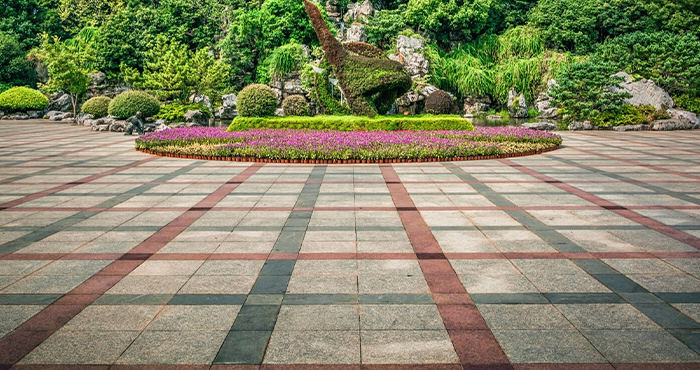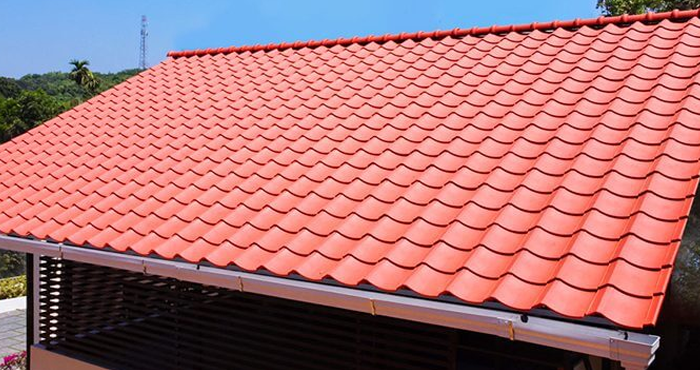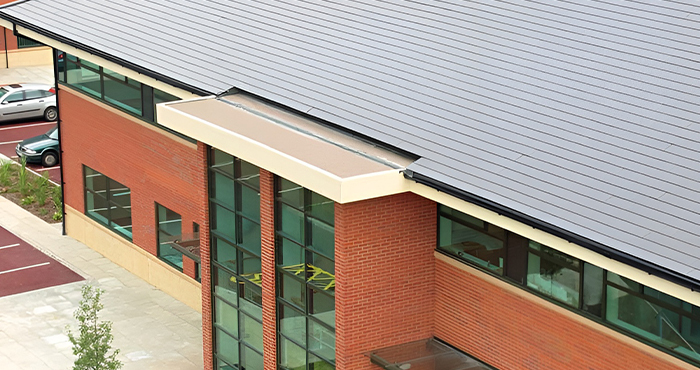You have invested in a paver patio to make your home stylish. Now you should get some guidance on maintenance of pavers and keep your pavers new. Pavers are in demand because they naturally need low maintenance. They tend to last for years with a little effort from you.
Maintenance of pavers asks for cleaning the dust, washing them with pressure water, and using a paver sealer every three to five years. In this article, you’ll get a brief about all the measures like cleaning, sealing, and maintaining your pavers.
Frequently Clean Your Pavers
For cleaning pavers, follow the basic technique of sweeping everything away with a bristled broom. If you regularise the practice of removing dirt and debris, your pavers will retain their luster longer.
Once you sweep your paver patio, you can wash them with clean or soap water. This will make the pavers look even better. This is the easiest method to restore your pavers to their original look or get very close to them.
When Should You Pressure Wash Your Paver Bricks?
If your pavers have grease and oil stains, or your yard is a hub of moss growth, then using brooms or water hoses for cleaning will be futile. To do a deeper cleaning, you’ll be needing a pressure wash. If you are cleaning your pavers by yourself, then use a lower-pressure setting. You can give your pavers a hot wash. The hot wash not only cleans the pavers but also sanitises them – this will protect you and your family from germs.
Do Different Types of Pavers Need Different Care?
Yes, different types of pavers are created with different materials and they need care according to that. Here are some quick tips to take care of your pavers.
-
Brick or clay pavers
Bricks are a beautiful choice for pavers, but as time passes they develop a chalky, dusty substance. If you are a fan of a rustic look, then this chalky, dusty substance gives you that. If not, then you can wash it with mild detergent. Make sure that you scrub them with a firm, stiff brush, and they’ll look as good as new.
-
Stone pavers
Stone pavers are more attractive because of their irregular surfaces, which will enhance your outdoor living space. Stone pavers easily get dirt and grime on them. It might take a little more elbow grease, or a prolonged spray from the pressure washer to clean them.
-
Concrete pavers
To clean concrete pavers, use soap water with mild detergent. Do not use brushes with wire bristles or power washers because they will scratch the surface. It could damage the seal or finish off your pavers.
Other Ways to Maintain Your Pavers
You can dust off the dirt and sand regularly by using a bristle broom. You may occasionally use pressure water for a deeper cleaning – ideally, once a week/month. There are some more ways for the maintenance of pavers.
Keep the Joint Sand Filled
When we talk of interlocking paver bricks, joint sand plays an important component in the installation. Each paver brick is mixed with the sand, also known as polymeric sand, to help maintain its position. Keep your eye on the jointing sand and fill it as needed. This will ensure the strength of the bedding sand beneath the pavers.
Replace Cracked or Broken Pavers
Pavers are popular because they are low-maintenance. However, a paver might crack or break. With a brick paver patio, it is easier to replace only the damaged pavers. Whereas this is not the case with the concrete paver patio, driveways, or walkways. The damaged area needs to be ripped out, and it is difficult to match the color of the new concrete because of curing and weathering.
Use Paver Sealants
- Paver Sealants are an important maintenance tool that keeps paver patios, walkways, and driveways beautiful – as if they were installed today! Let’s know more about Paver Sealants.
- Do Concrete Pavers Need to Be Sealed? Yes, concrete is permeable and, if not sealed, will collect stains. Sealants can also shield the color of pavers from fading.
- There are two types of paver sealants: film-forming and non-film-forming. Film-forming sealants, such as Wet Look and Clear Look, create a physical barrier on the paver surface. However non-film-forming sealants, Natural Look, and Colour Boost last a bit longer.
- When can you apply Paver Sealants for the first time? After one week, you can apply a non-film-forming sealant to seal your pavers, but for film-forming sealant, wait 30 days to avoid trapping moisture under the protective barrier.
- In warm, sunny climates, the pavers will take a few hours to dry, whereas in cooler climates or shady areas, they take 24 hours to dry.
- Every three to five years, paver sealants should be used. While pavers may darken for a few days after a significant downpour until the water has completely evaporated, this is not a sign that the sealant has failed.
- Saturate the paver sealant with water to make sure all cracks are filled. The surplus can be absorbed with a dry roller to prevent lines and drip marks.
Conclusion
If you are looking for high-quality, strong paver brick for your new project, then check out Jindal Mechno Bricks to get the same at the best price. Jindal Mechno Bricks provides high-quality, thin, yet sturdy paver bricks. These paver bricks are used to not only add flair to the ground – but they also add a certain level of coziness to the overall look.





